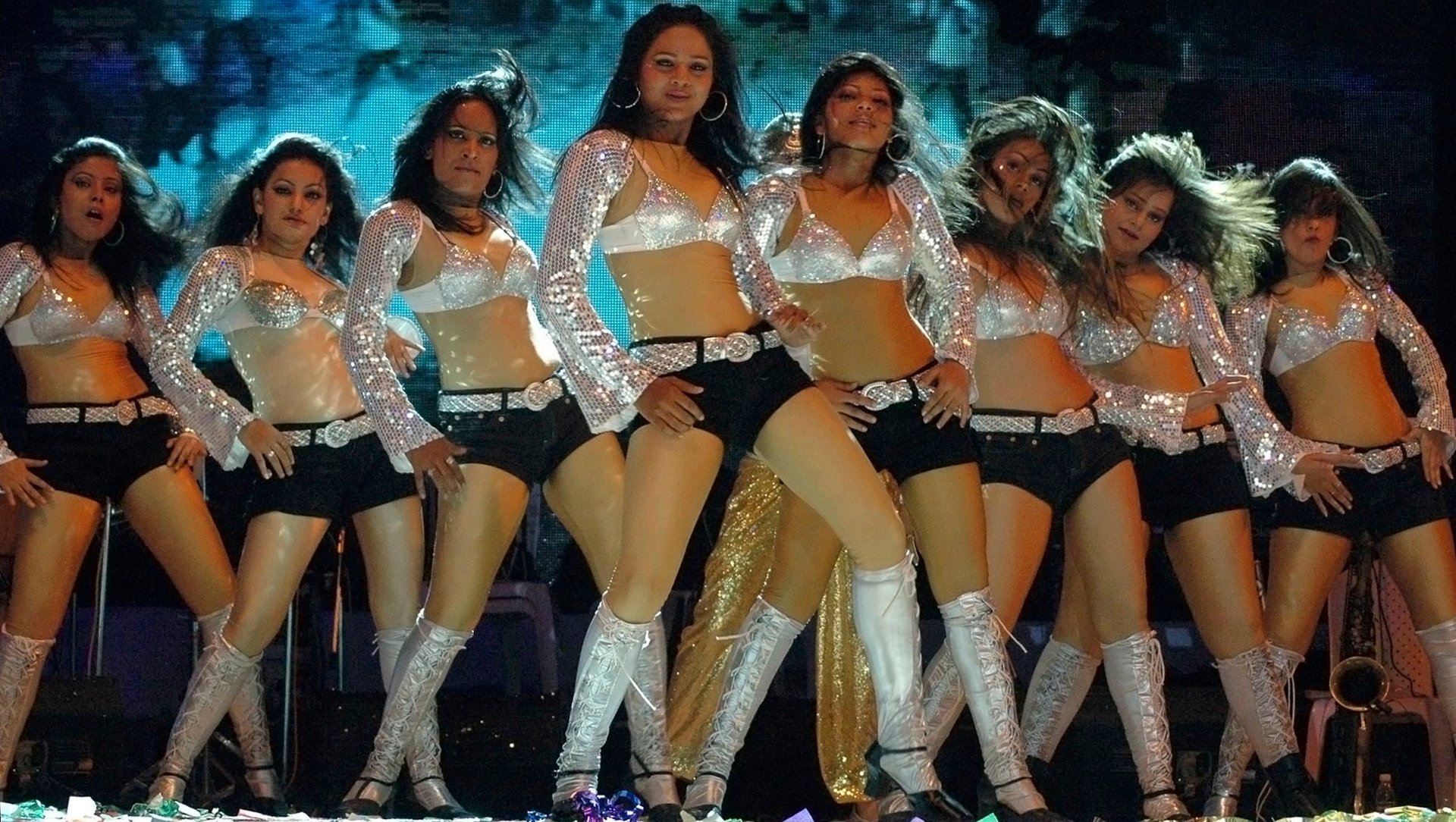If Bollywood is going to steal ideas, it should at least do so legally
Last weekend before the screening of the new Bollywood film Ek Villain, I ran into a young friend at the theater. “I hear it is a good film,” she said. And she cut me off, when I tried to respond “but you know…”


Last weekend before the screening of the new Bollywood film Ek Villain, I ran into a young friend at the theater. “I hear it is a good film,” she said. And she cut me off, when I tried to respond “but you know…”
“I know, I know it is a copy of a Korean film,” she said. “But I hear it is very good.”
My friend was talking about the ultra-violent Korean thriller I Saw The Devil (2010) directed by Kim Jee-woon. When the trailer of Ek Villain was released in May, many people pointed out it resembled the revenge and gore filled plot of ISTD. Director Mohit Suri denied the accusations.
“The two stories are not similar as the characters come from two completely different worlds,” he told the press. “I don’t get the confusion around it.”
Suri has made some changes in his film – adding Bollywood melodrama, the backstory, romance between the male and female lead, and most importantly, songs. But Ek Villain is a sappy, silly, loud film, and it lacks the punch and the edge-of-the-seat thriller element of ISTD.
He has also watered down the violence of ISTD. But, as several critics in India pointed out this past weekend, while Ek Villain is a poor version of ISTD, there are enough similarities between the two films—in the main plot, characters, scenes, even dialogues.
The Indian film industry has had a long history of ripping-off Hollywood and other foreign language films and the audience are used to this trend. So I was not surprised when my friend seemed least bothered if Ek Villain was copied from ISTD.
But I am appalled that in this day and age Bollywood filmmakers are still resorting to the easy way out – plagiarising Hollywood and other foreign language movies at a time when Indian films are trying very hard to become global. In the post Slumdog Millionaire and The Lunchbox days, many Indian filmmakers are traveling to international film festivals seeking co-productions with European and Asian film companies.
Suri was schooled in the house of Mahesh and Mukesh Bhatt, his uncles who have been notorious for lifting plots and sometimes copying films scene by scene. The plot of Suri’s Zeher (2005), produced by the Bhatts, was lifted from the Denzel Washington’s Out Of Time (2003). His film Murder 2 (2011) was said to be inspired by another Korean thriller Chaser (2008).
In 2002, I interviewed Indian American producer Ashok Amritraj on this issue. He told me that Bollywood films were not on the radar of Hollywood studios. Indian films never crossed the $25-$30 million mark and Hollywood filmmakers were unaware of the plagiarism charges.
That changed in 2007 when the Hollywood studios Overbrook Entertainment and Sony Pictures Entertainment came after the producers of the hit Bollywood film Partner and charged them with plagiarizing the Will Smith film Hitch (2005). Reports indicated that the studios could possibly demand $30 million from the producers of Partner. That matter was eventually settled and the details were not made public.
A few years ago the Filipino producers of a small film Cavite got a cash settlement from the Indian production house UTV (now owned by Disney) for making Aamir (2008). Aamir closely resembles Cavite.
Times have changed. In 2004, the Bhatt family made Murder—the first film in the series, lifting the plot from the Adrian Lyne film Unfaithful (2002) with Richard Gere and Diane Lane. For last year’s Murder 3, the Bhatts actually bought the rights of the Colombian thriller The Hidden Face. And their recent production Citylights was the legal remake of the 2013 British-Filipino film Metro Manila.
Filmmaker Karan Johar bought the rights to remake Stepmom (1998) in Hindi. Even though We Are Family (2010) was a disaster as a film, it was at least a legal remake of Stepmom. And recently Johar and producer Guneet Monga announced that they had bought the rights to remake the French hit Intouchables.
So it is shocking that Suri and Balaji Films—the producers of Ek Villain decided not to pay the remake rights fee to the producers of ISTD. They somehow thought they could get away, but what they have done is unethical, immoral and of course illegal.
Tanuj Garg, the CEO of Balaji and one of the producers of Ek Villain, posted on Facebook that the film has already made Rs50.7 crores ($8.4 million) in its opening weekend. It is heading to join the elite Bollywood group of Rs100-crore films.
I doubt if Garg or his bosses care much about plagiarism accusations from critics in India and others Indians who are fans of Korean films and download them illegally. It is a vicious cycle where films are watched illegally on the Internet, and then enterprising filmmakers go and remake them.
These fans have no other way to watch the films. The Indian censor board would never clear films with graphic sex and violence to be shown in theaters. In any case, there is no interest from distributors to pick foreign language films for the Indian market.
But Suri and his producers did have a clear choice of legally remaking a Korean film. They chose not to.